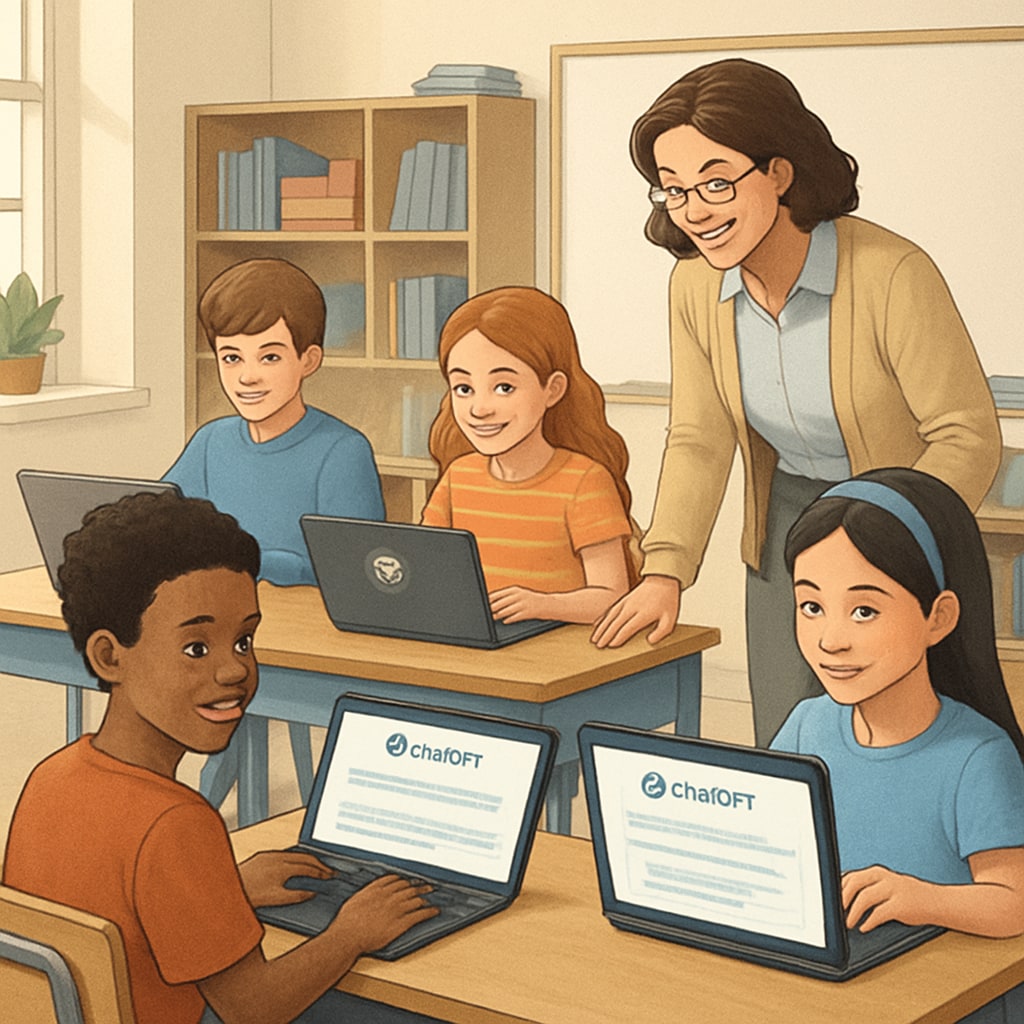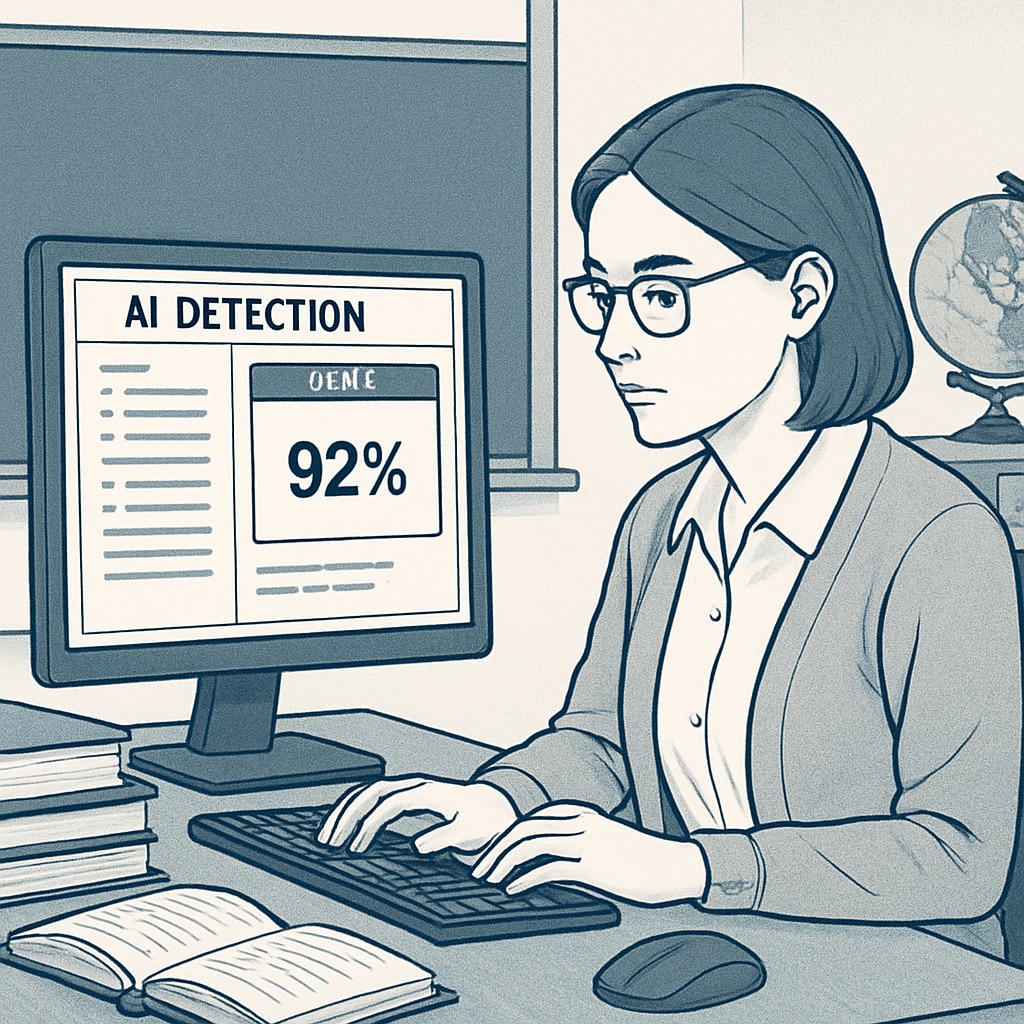The integration of AI tools like ChatGPT into education has brought both opportunities and challenges. While these tools offer students innovative ways to learn and complete assignments, they also raise concerns about academic integrity. Issues such as ethical use, detection methods, and education costs must be addressed to ensure fairness in the classroom. As AI becomes more prevalent, educators face the complex task of adapting their teaching methods to maintain trust and accountability.
Redefining Academic Integrity in the AI Era
Academic integrity has long been a cornerstone of education, emphasizing honesty and originality in student work. However, the advent of AI tools such as ChatGPT challenges traditional definitions. These tools can generate essays, solve problems, and even mimic creative writing, making it difficult to distinguish between human and AI-generated content.
Educators must now ask: Is using AI tools inherently unethical, or can they be integrated ethically into learning? Some argue that these technologies can enhance creativity and efficiency if used responsibly. For example, students could use AI to brainstorm ideas or improve grammar while still maintaining control over the final product. Nevertheless, balancing these benefits with the need for authentic learning experiences remains a critical challenge.

Challenges in Detecting AI-Generated Content
Detecting AI-generated assignments is a significant hurdle for educators. While software solutions like plagiarism detectors have existed for years, identifying AI-crafted content requires entirely new approaches. Current detection methods, such as analyzing text patterns or using AI detection tools, often lack accuracy and can result in false positives.
Additionally, the costs associated with implementing advanced detection tools can be prohibitive for many schools. Smaller institutions may struggle to afford these technologies, creating disparities in enforcement. Furthermore, detection methods must evolve alongside AI advancements, as tools like ChatGPT continue to grow more sophisticated.
- AI detection software may require regular updates, increasing long-term costs.
- False-positive results can unfairly penalize students, undermining trust.
- Advanced AI tools can bypass detection systems, posing new threats to academic integrity.
Balancing Responsibility Between Schools and Educators
The responsibility for addressing AI-related challenges must be shared among schools, educators, and policymakers. Schools need to allocate resources for training teachers on AI ethics and detection methods. Additionally, educators should focus on creating assignments that emphasize critical thinking and creativity, which are harder for AI tools to replicate.
Collaboration between institutions is also crucial. For example, universities and high schools could share best practices or pool resources to invest in detection technologies. Policymakers could play a role by establishing regulations that promote ethical AI usage in education. As a result, a collective effort can help create a balanced approach to integrating AI into learning environments.

In addition to resource allocation, educators might consider teaching students how to ethically use AI tools. This involves emphasizing their role as supplementary aids rather than replacements for original work. By fostering a culture of transparency and integrity, schools can help students understand the importance of genuine learning over convenience.
Conclusion: Navigating the Future of AI in Education
The rise of AI tools like ChatGPT presents a unique opportunity and challenge for education systems worldwide. As concerns about academic integrity grow, educators must redefine ethical boundaries, improve detection methods, and address resource disparities. Collaboration and innovation will be key to ensuring that AI enhances rather than undermines learning experiences.
Ultimately, the goal should be to empower students to use AI responsibly while preserving the values of honesty and originality. By adapting to these changes proactively, schools can navigate the AI era without compromising educational principles.


